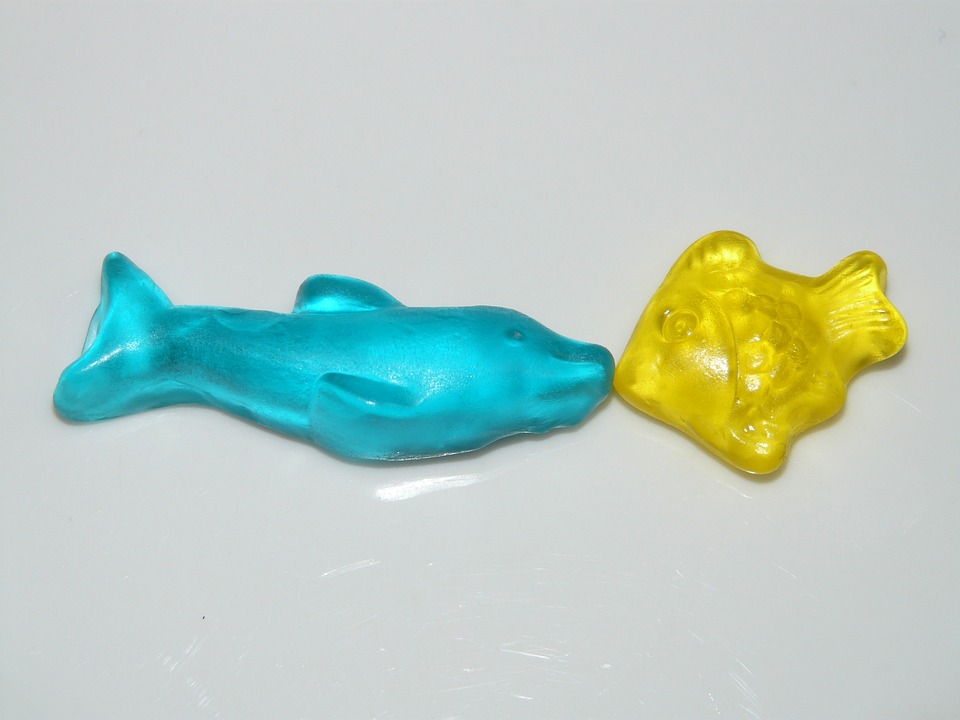Fish behavior is influenced by various factors, including water quality and conditioners. In this article, we will explore how tank fish respond to water conditioners and address frequently asked questions to provide a comprehensive understanding of this topic.
Water conditioners play a crucial role in maintaining water quality in aquariums. They help to remove harmful chemicals, neutralize chlorine, and balance pH levels. By creating a healthier environment, water conditioners contribute to the overall well-being and health of fish.
When introducing water conditioners to the tank, fish may exhibit initial reactions. Some fish may require an acclimation period to adjust to the changed water conditions. During this period, it is important to observe any changes in swimming patterns and behavior. This can help determine if the fish are comfortable and adapting well to the new conditions.
Water conditioners can also have an impact on fish feeding behavior. Some fish may experience changes in appetite and feeding response initially. This can be due to the adjustment period or the effect of the water conditioner on fish digestion. However, fish usually adapt to the new conditions over time.
In terms of breeding and reproductive behavior, water conditioners can influence various aspects. They may affect mating rituals and courtship displays, as well as egg-laying and fry survival rates. It is important to monitor these behaviors to ensure successful breeding and the survival of offspring.
Water conditioners can also alter fish interactions with tank mates. They may lead to changes in social hierarchy, territorial behavior, and aggression levels. It is important to observe any changes in behavior and address any potential conflicts that may arise.
Now, let’s address some frequently asked questions about understanding fish behavior and water conditioners:
Q1: Do water conditioners affect fish behavior immediately?
A: While some fish may exhibit immediate responses to water conditioners, others may require an acclimation period to adjust to the changed water conditions. It is important to give them time to adapt.
Q2: Can water conditioners impact fish appetite?
A: Yes, water conditioners can influence fish appetite. Some fish may experience increased or decreased feeding response initially, but they usually adapt over time.
Q3: Will water conditioners affect fish breeding and reproduction?
A: Water conditioners can influence fish breeding and reproductive behavior. They may affect mating rituals, egg-laying, and fry survival rates. It is important to monitor these behaviors for successful breeding.
Q4: Do water conditioners alter fish interactions with tank mates?
A: Yes, water conditioners can impact fish interactions with tank mates. They may lead to changes in social hierarchy, territorial behavior, and aggression levels. It is important to observe any changes in behavior and address potential conflicts.
Q5: Should I be concerned if my fish exhibit unusual behavior after using water conditioners?
A: If your fish show persistent abnormal behavior, it is important to assess other factors such as water quality, tank size, and compatibility with tank mates, in addition to the use of water conditioners. Seeking professional advice may also be beneficial.
In conclusion, understanding fish behavior and their response to water conditioners is crucial for maintaining a healthy and thriving aquarium environment. By observing changes in swimming patterns, feeding behavior, breeding, and interactions with tank mates, we can ensure the well-being of our aquatic companions. Remember to acclimate fish to new water conditions gradually and seek professional advice if unusual behavior persists.









